Zelensky Appeals for U.S. Support, but Reality Points to a Europe-Led Endgame
Input
Changed
U.S. Steps Back to a Rear Role in Ukraine Security Force Zelensky Seeks U.S. Support, But Chances of a Reversal Remain Slim Europe Should Leverage Security Force for a “Dongducheon-Style” Economic Recovery
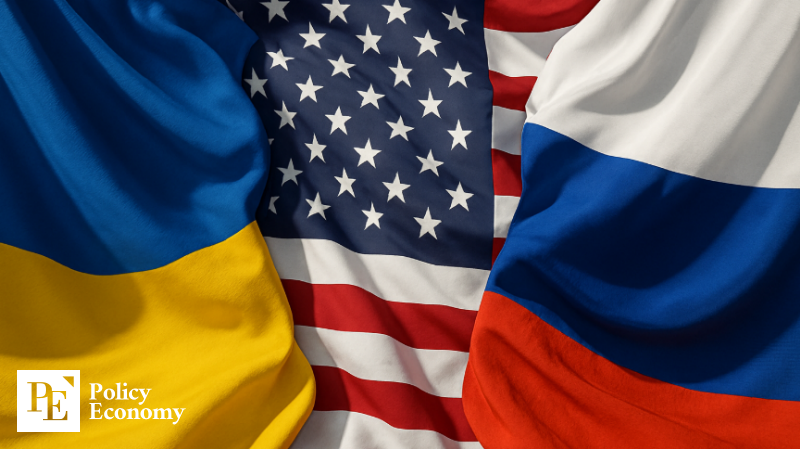
Ukrainian President Volodymyr Zelensky invoked Korea’s development experience to stress that Ukraine also needs U.S. support. With Washington now effectively taking a “rear support” role in the Ukraine Security Force, he appealed for stronger and more direct security guarantees.
Zelensky Hopes for a “Korean Scenario”
According to BBC and RBC-Ukraine on the 4th, leaders from 26 of the 35 nations that gathered in Paris as part of the “coalition of the willing” pledged to send ground, naval, or air forces to Ukraine in the postwar phase. Under Britain’s leadership, countries including the United Kingdom, France, Sweden, Denmark, Norway, the three Baltic states (Estonia, Latvia, Lithuania), the Netherlands, and Australia plan to dispatch between 25,000 and 30,000 ground troops.
Turkey is expected to take responsibility for maritime security, while Poland, instead of sending troops, has offered to serve as a logistics hub. Germany, which has long taken a cautious stance on troop deployment to Ukraine, once again refrained from clarifying its position at the meeting. The United States, consistent with President Donald Trump’s repeated remarks, is expected to remain in a rear role, providing air security and intelligence support.
Ukraine has long expressed disappointment that the United States has not taken a frontline role in the security force. In an interview with the French outlet Le Point on the 3rd, President Zelensky said, “Although no peace treaty was signed after the Korean War, Korea still achieved economic development. That scenario could be repeated in Ukraine.” He added, “If you ask whether such a scenario can happen in Ukraine, I would say everything is possible. But note that Korea had the United States, a strong ally, to prevent the North from taking over.” With these remarks, Zelensky underscored that for a Korean-style scenario to be realized in Ukraine, U.S. military support is essential.
A Realistic ‘Endgame’ Scenario?
Experts caution that the chances of Ukraine achieving the outcome it hopes for are slim. Most expect the conflict to end with Russia retaining part of Ukrainian territory, while Western nations—primarily in Europe—focus on strengthening Ukraine’s security. Russia has consistently demanded control of the Donbas region (including the self-proclaimed Donetsk and Luhansk People’s Republics and the Rostov area). Moscow’s proposal has been that if Ukraine withdraws from Donbas, it would freeze the rest of the front line and refrain from further attacks.
Russia had already occupied four regions in eastern and southern Ukraine—Donetsk, Luhansk, Zaporizhzhia, and Kherson—at the start of its “special military operation” in February 2022. In September of that year, it organized referendums in these areas, claiming overwhelming local support, and announced their annexation into Russian territory. Ukraine, Western governments, and the broader international community have rejected these claims outright.
Still, Moscow has shown no sign of backing down. On the 3rd, Russian Foreign Minister Sergei Lavrov told the Indonesian newspaper Kompas that while resolving the crisis peacefully was Russia’s “top priority,” sustainable peace would require international legal recognition and institutionalization of the “new territorial realities” created after the referendums and subsequent annexations.
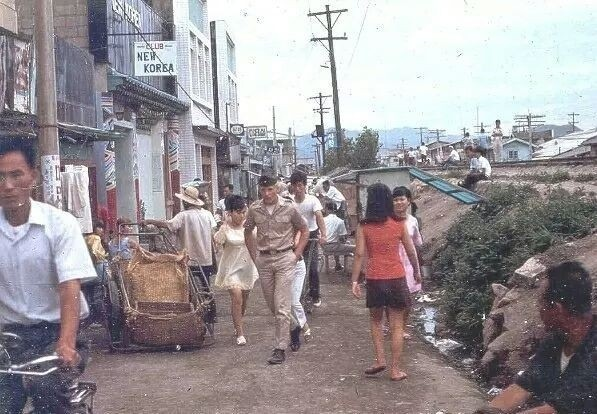
Dongducheon, Revived Through the U.S. Military Presence
Some observers argue that instead of demanding the unlikely prospect of U.S. troop deployment, Ukraine should focus on leveraging the multinational security force already committed to the country as a foundation for economic recovery. The idea is that Ukraine could follow the example of Dongducheon, Korea, which grew economically after hosting U.S. troops during and after the Korean War.
In July 1951, at the height of the war, U.S. divisions including the 24th, 3rd, and 7th were stationed in Dongducheon. Upon their arrival, the U.S. military was granted 40.63 square kilometers—about 42% of the city’s total area of 95.66 square kilometers—as military land. This prime land, in a city where 67% of the terrain was mountainous, became the backbone of the garrison. Dongducheon soon evolved into a community centered around the U.S. presence. Entertainment districts sprang up in Bosan-dong near the bases, while Dongducheon Jeil Market flourished by selling clothing for women working in nightlife establishments. Tailor shops catering to U.S. soldiers multiplied rapidly.
As more visitors came for nightlife and shopping, the population also grew. Once a small village in Idam-myeon, Yangju County, the area was elevated to Dongducheon-eup in 1963 and officially became Dongducheon City in 1981. For decades, until U.S. troops relocated to Camp Humphreys in Pyeongtaek in 2008, Dongducheon’s economy relied on this cycle: American soldiers spent money locally, and residents reinvested it in their own community, fueling a continuous loop of growth.

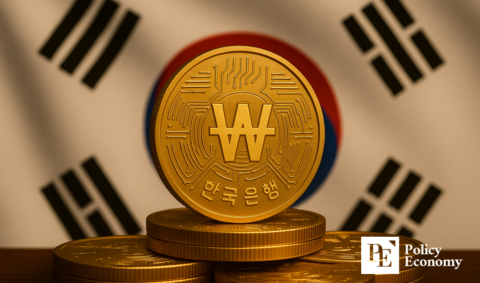
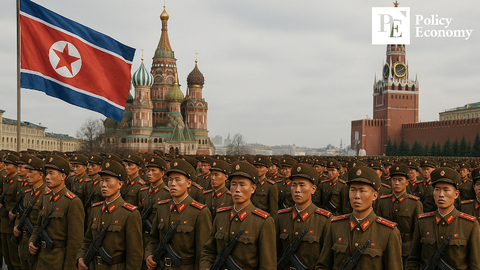
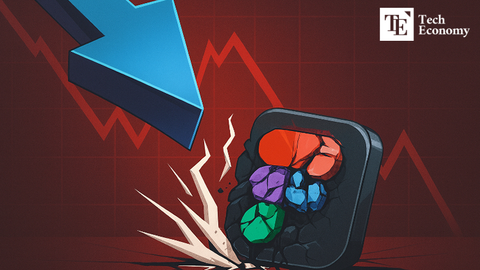




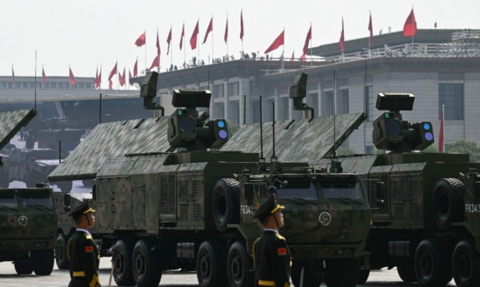













Comment